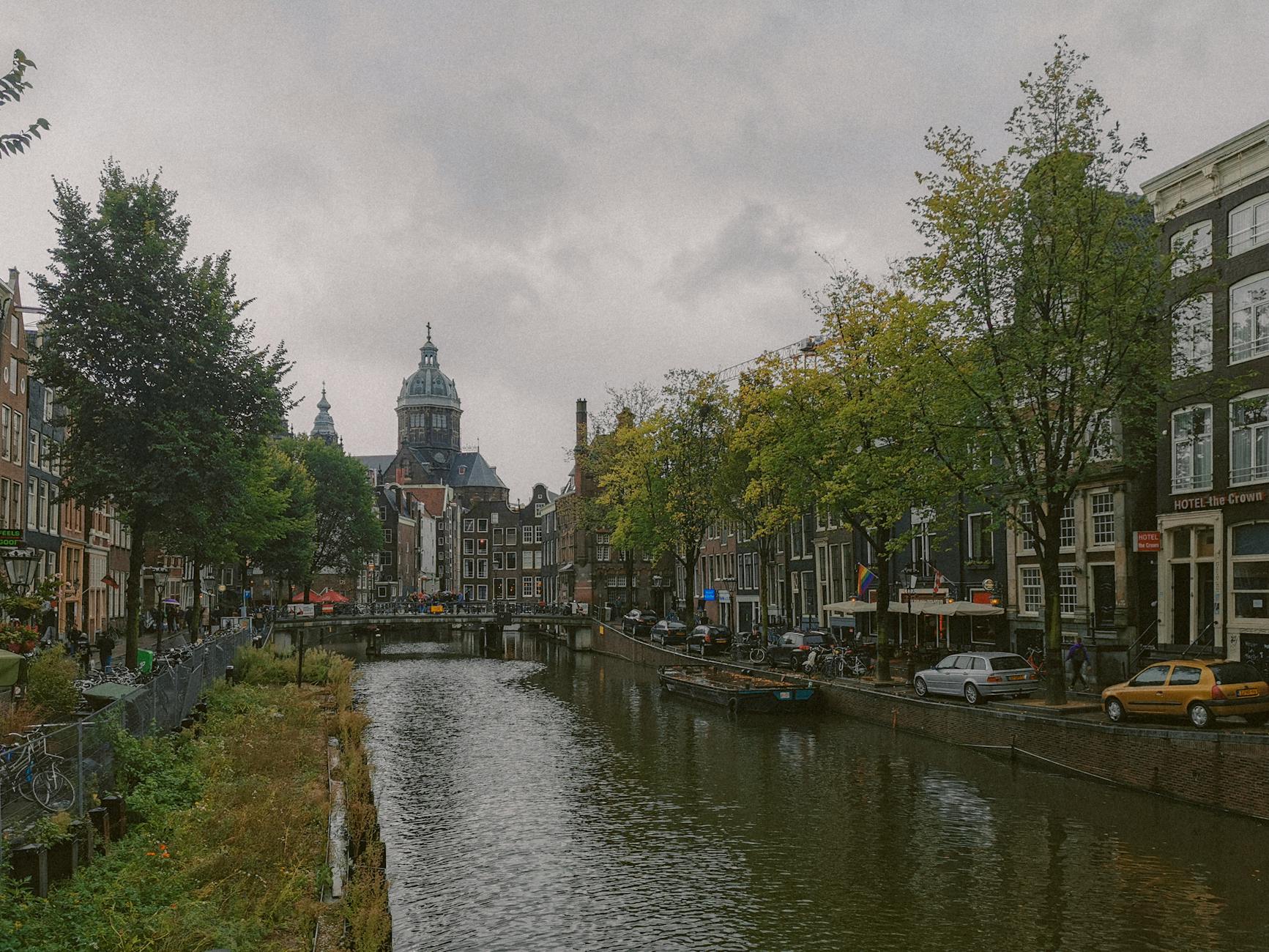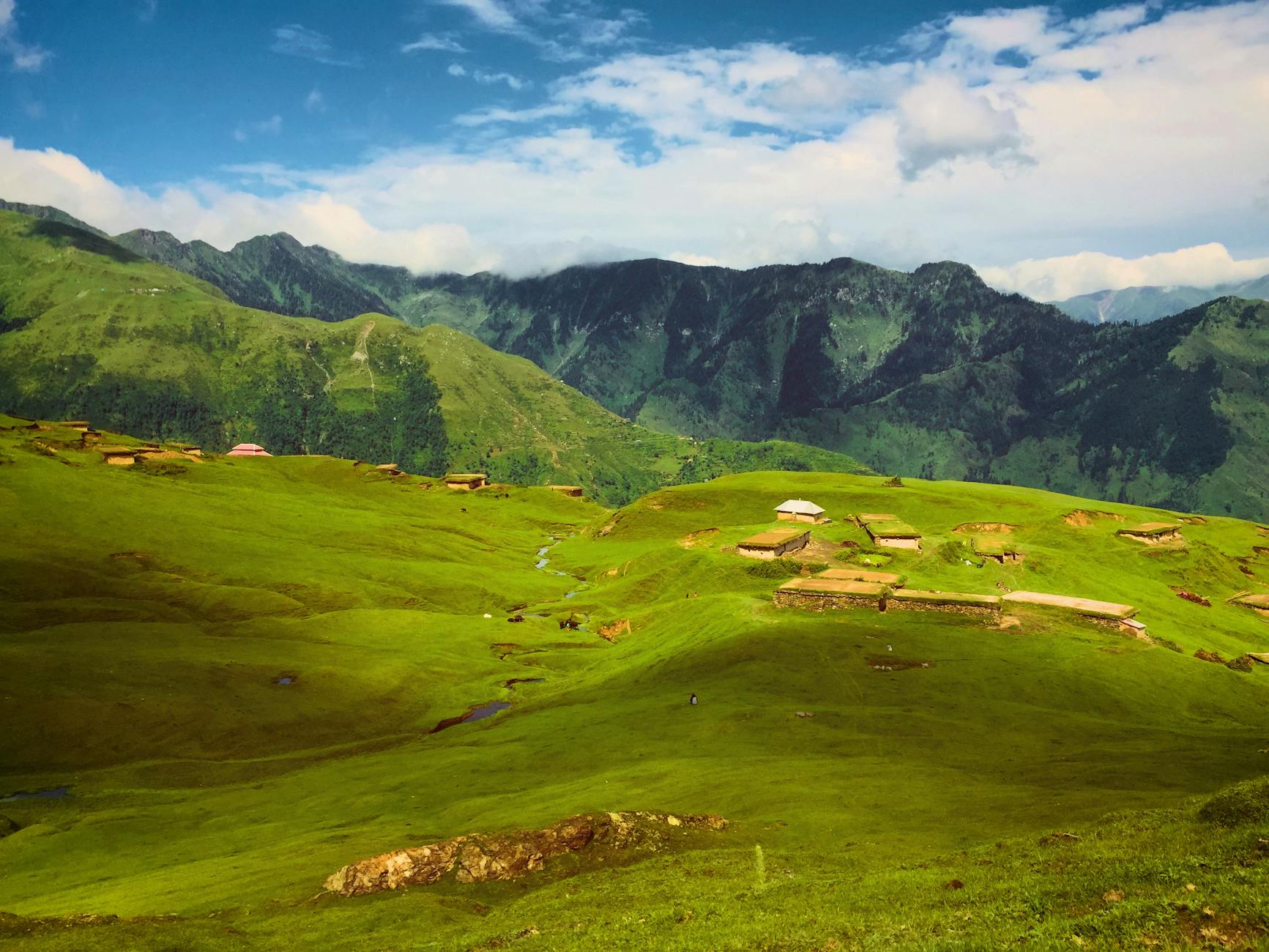Why Visiting Australia Should Be on Every Retiree's Bucket List

Diverse Landscapes
Great Barrier Reef Wonders
The Great Barrier Reef is a marvel you simply can't miss. Nestled off the coast of Queensland, this UNESCO World Heritage site is an underwater paradise that offers a breathtaking display of coral formations and marine life. Whether you're snorkelling or diving, the vibrant colours and diverse species will leave you in awe. For those who prefer to stay dry, glass-bottom boat tours provide just as much visual splendour. With its proximity to other enchanting spots like islands and rainforests, the Reef should be a highlight on every retiree's travel list. When planning your visit, consider an organized tour to make the experience smooth and carefree.
Iconic Outback Adventures
Venturing into the Australian Outback offers an experience like no other. Known for its dramatic landscapes and rugged charm, destinations like Uluru and Kings Canyon promise awe-inspiring views and unique cultural experiences. Walking tracks and guided tours can take you through ancient rock formations and desert wildlife. The isolation and serenity of the Outback are perfect for introspection and adventure alike. Be sure to pack appropriate gear and hydrate well; the Outback's beauty is matched by its intensity.
Breathtaking Coastal Drives
Australia's coastal drives are among the world's most scenic. The Great Ocean Road in Victoria is particularly stunning, offering panoramic ocean views and limestone formations like the Twelve Apostles. Similarly, the Pacific Coast Touring Route in New South Wales takes you through pristine beaches and charming towns. As you drive along, you'll encounter numerous spots perfect for leisurely picnics or impromptu swims. Make sure your camera is charged and ready; you'll want to capture the spectacular vistas along the way.
Remember to also consider embarking on specialised travel experiences like Arctic cruises, Galapagos tours, or Gorilla Trekking Uganda to add a dash of international adventure to your Australian holiday. Each journey promises unforgettable memories and enriching encounters with nature.
Wildlife Encounters
Unique Native Species
Australia’s wildlife is truly a world unto itself, housing an array of unique native species that captivate the hearts of visitors. From the cheerful koalas draped in eucalyptus trees to the bounding kangaroos that graced our early morning hikes, there’s an endless array of wildlife awaiting your discovery. Don't forget the elusive platypus, a peculiar yet amazing creature you might spot near secluded freshwater areas.
Top Wildlife Sanctuaries
For those interested in a more structured observation, many top-notch wildlife sanctuaries offer immersive experiences. The Melbourne Zoo, a tranquil escape where you can admire exotic species and local fauna alike, is just a stone's throw away from the city center. Another remarkable experience is a visit to the Healesville Sanctuary, which focuses on native Australian animals, including kangaroos, koalas, and even the Tasmanian devil.
Marine Life Exploration
Australia's marine life is just as extraordinary as its land-based wildlife. Venture to the Great Barrier Reef, a UNESCO World Heritage site, for an unforgettable encounter with vividly coloured coral and diverse marine species. If you're keen to expand your explorations beyond Australia, some remarkable destinations also await discovery. A Namibia safari offers breathtaking landscapes and unique game-viewing opportunities, while Tanzania tours promise thrilling adventures where you can witness the majestic Big Five in their natural habitat.
Exploring these wildlife experiences in Australia and beyond will add a whole new dimension to your travels. The memories you create, from serene zoo visits to thrilling safaris, will be ones to cherish.
Cultural Experiences
Indigenous Heritage Sites
G'day, fellow adventurers! If you’re eager to delve into Australian history and culture, there’s no place quite like our Indigenous heritage sites. Start at the Dandenong Ranges, where you can explore sacred Aboriginal grounds. Dreamtime stories, rock art, and guided tours provide a rich tapestry of our nation’s ancient history. You’ll feel the soul of Australia in every step you take.
Vibrant Arts Scene
Melbourne’s art scene offers retirees a buzzing cultural treat. Venture around Federation Square to find a plethora of galleries and exhibitions that will captivate your imagination. ACMI is a must-visit for film and digital art enthusiasts. Not far away, the National Gallery of Victoria showcases both contemporary and historical works. Don’t forget to stroll down Hosier Lane for its famous street art—a dynamic display that's as ever-changing as Melbourne’s weather.
Culinary Delights
Retirees relishing their golden years in Melbourne are in for a culinary adventure. From laneways bustling with coffee shops to riverside dining at Southbank, there’s always something to satisfy your palate. Be sure to sample local favourites like flat white coffee and fresh seafood at Queen Victoria Market. The diversity doesn’t stop there; indulge in international flavours at Chinatown or the Italian precinct of Lygon Street.
Including these activities in your itinerary ensures a rich, culturally immersive experience. For those looking to venture beyond Melbourne, consider a Victoria falls safari or a Kenya safari for an international twist.
Exploring these cultural experiences will truly enrich your visit, giving you lasting memories and unique insights into both Melbourne and broader Australia.
Scenic Train Journeys
Exploring Australia's scenic train journeys is a delightful way to see the country’s beauty. The journey provides a unique perspective, allowing you to sit back and enjoy unparalleled views. One of the most iconic routes is The Ghan, which travels between Adelaide and Darwin, showcasing stunning landscapes from the red sands of the Outback to lush greenery. Another favourite is the Indian Pacific, stretching from Sydney to Perth, where you can marvel at the Blue Mountains and vast Nullarbor Plain.
World-Class Golf Courses
For the golf enthusiasts among us, Australia is home to some magnificent courses. Royal Melbourne Golf Club, located right here in our own backyard, is globally renowned. The stunning layout is a treat for both serious golfers and casual players who enjoy picturesque views. Another gem is Barnbougle Dunes in Tasmania, with its links-style course hugging the rugged coastline. These courses offer an excellent combination of challenge and beauty, perfect for a relaxing day out.
Relaxing Beach Retreats
Australia's coastline is dotted with beautiful beach retreats, ideal for rest and relaxation. Byron Bay is a popular destination, known for its laid-back atmosphere and stunning beaches. Whether you're keen on swimming, surfing, or simply lounging by the sea, it's a spot that has it all. Another splendid choice is Noosa, situated on Queensland’s Sunshine Coast, which offers a mix of luxury and nature. Imagine peaceful walks through national parks and then unwinding on pristine sands.
Central America tours and activities such as Gorilla Trekking Rwanda may top many lists, but Australia’s offerings in leisure activities are truly exceptional for retirees seeking tranquility:
- Scenic Train Journeys: A leisurely way to soak in Australia’s varied landscapes.
- World-Class Golf Courses: Enjoy golf in beautiful and challenging settings.
- Relaxing Beach Retreats: Perfect locations for unwinding by the sea.
With these tips in mind, you can easily navigate and enjoy the leisure activities Australia has to offer, making your post-retirement travel experiences all the more enriching.
Common Mistakes to Avoid When Travelling in Australia
Underestimating Travel Time
Let’s start with a biggie—Australia is enormous, mates! Its vastness often surprises travellers. Driving from Sydney to Melbourne, for instance, takes about nine hours, and that’s if you’re lucky with traffic. When planning your trip, don’t cram too many destinations into a short timeframe. Instead, give yourself ample time to truly savour each locale, be it a coastal drive along the Great Ocean Road or a leisurely stay at a golf course near Cairns.
Overlooking Local Etiquette
Respecting local customs and etiquette can make your trip more enjoyable. Aussies are generally laid-back and friendly, but politeness never goes out of style. A smile and a “G’day” can open many doors. If you're visiting Indigenous heritage sites, ensure you follow the guidelines and show appropriate respect. Remember, simple acts of kindness can often lead to unforgettable experiences.
Ignoring Weather Variances
Australia’s weather can be quite the chameleon. Melbourne is notorious for its unpredictable climate—four seasons in one day is not an exaggeration. Always check the local forecast and pack accordingly. A sunny morning can quickly turn into a blustery afternoon, especially if you’re exploring outdoor wonders like the Great Barrier Reef or setting out on scenic train journeys through the countryside. Make sure to layer up, carry sunscreen, and don’t forget the umbrella.
By keeping these tips in mind, you’re setting yourself up for an enriching and delightful adventure Down Under. Safe travels, and enjoy every moment, mate!


